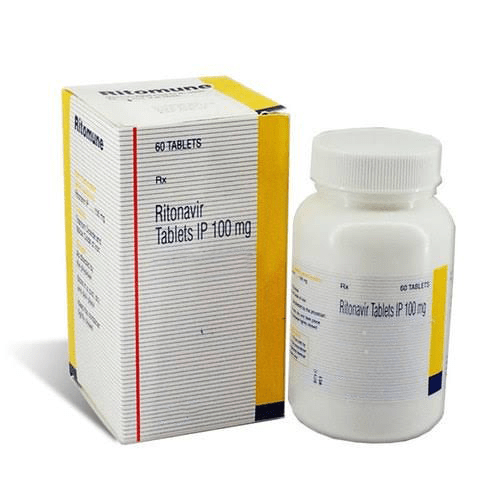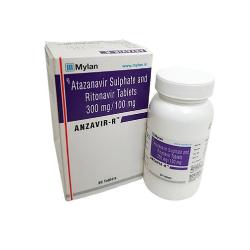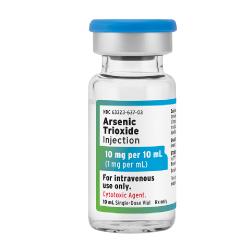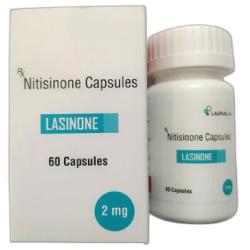Dosage and Side Effects
For Ritonavir, a dose adjustment is required when used with other protease inhibitors (2).
- Adults receiving meals: 600 mg twice a day.
- Patients in pediatrics: For children older than one month, the recommended twice-daily dose is based on body surface area and should not exceed 600 mg twice-daily with meals.
Among patients receiving Ritonavir alone or in combination with other antiretroviral medications, gastrointestinal side effects (such as diarrhea, nausea, vomiting, upper and lower abdominal pain), neurological side effects (such as paresthesia and oral paresthesia), rash, and fatigue/asthenia were the most commonly reported adverse drug reactions.
FAQ's
Q: What is Ritonavir?
A: Ritonavir is an antiretroviral medication used primarily in the treatment of HIV (Human Immunodeficiency Virus) infections. It falls into the class of drugs known as protease inhibitors and is often used in combination therapy to manage HIV.
Q: How does Ritonavir work?
A: Ritonavir works by inhibiting an enzyme called HIV protease. By doing so, it prevents the virus from replicating and spreading within the body, thereby reducing the viral load and slowing down the progression of HIV infection.
Q: Why is Ritonavir used as a booster in HIV treatment?
A: Ritonavir has a unique property where, in smaller doses than those used for treating HIV on its own, it can enhance the effectiveness of other protease inhibitors. It achieves this by inhibiting enzymes that metabolize these drugs, thus increasing their concentration in the bloodstream.






